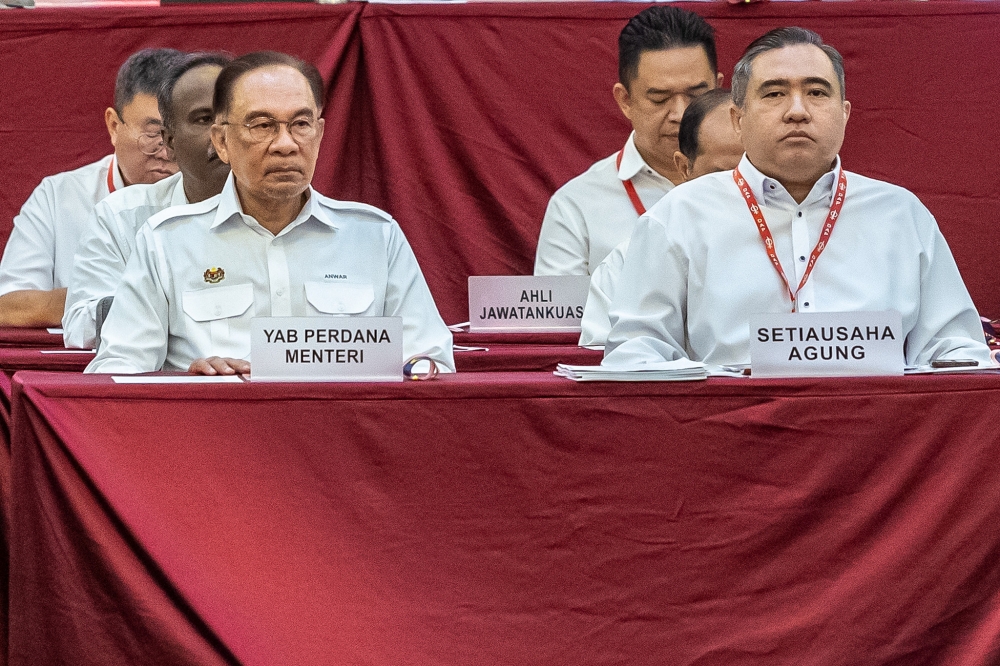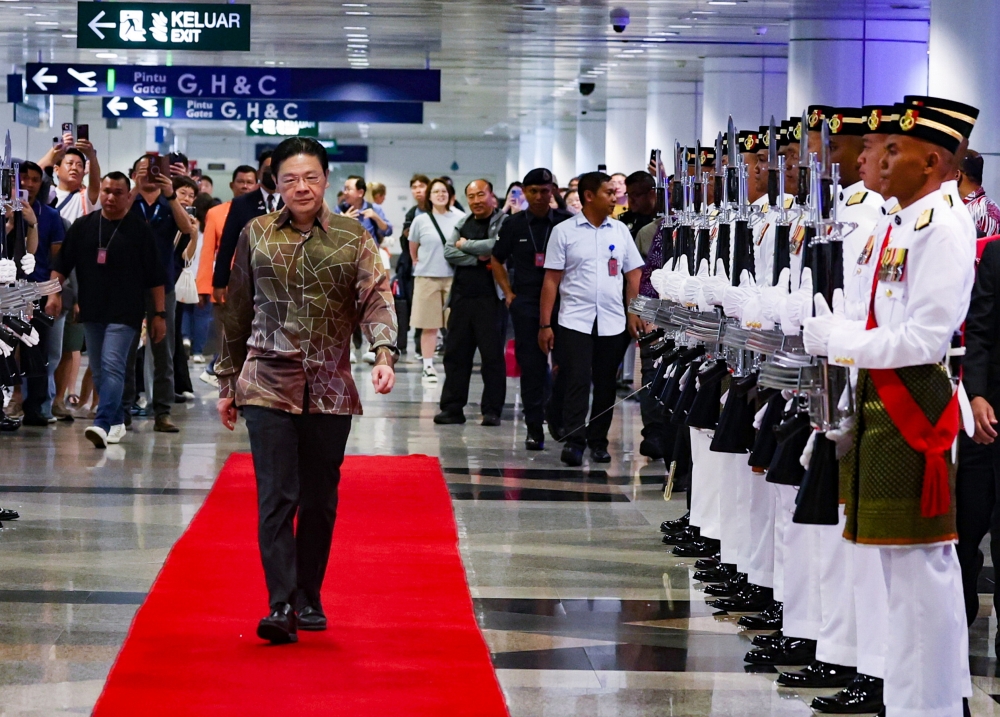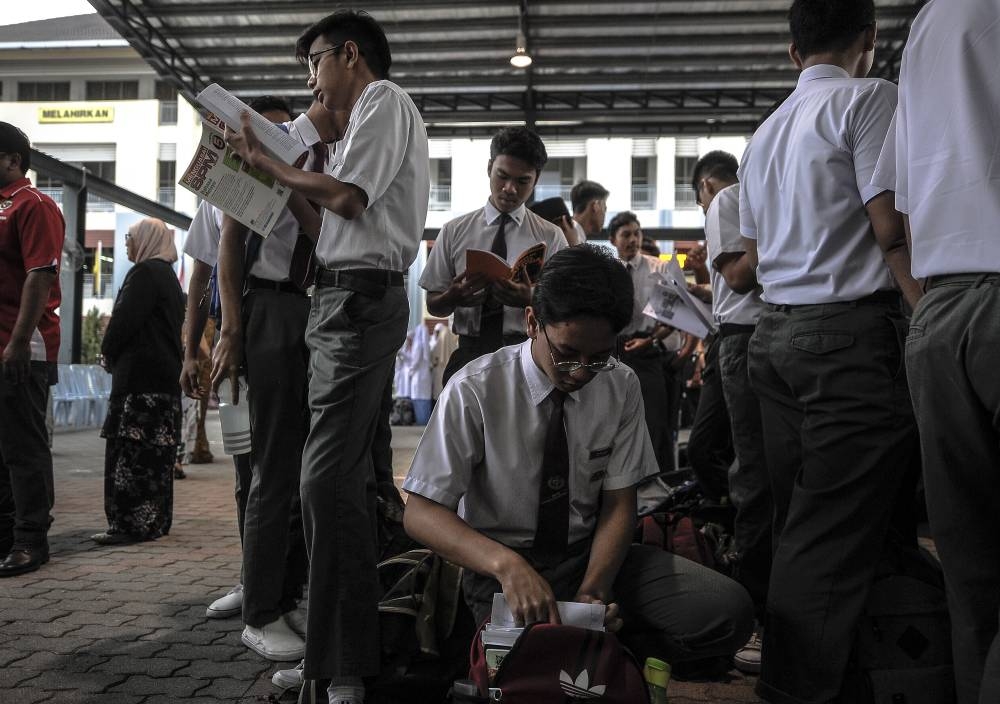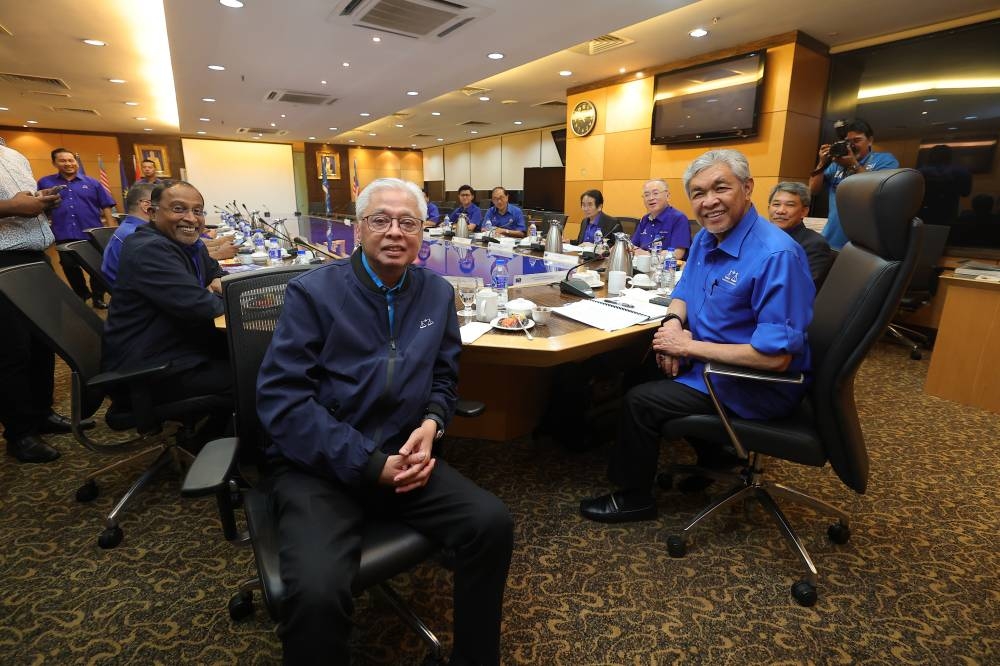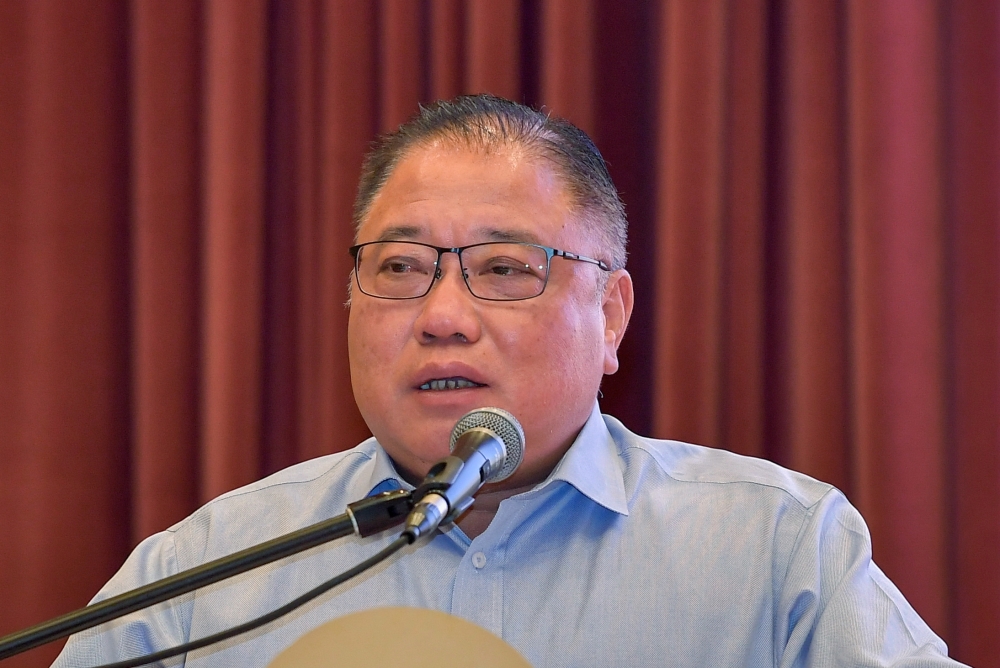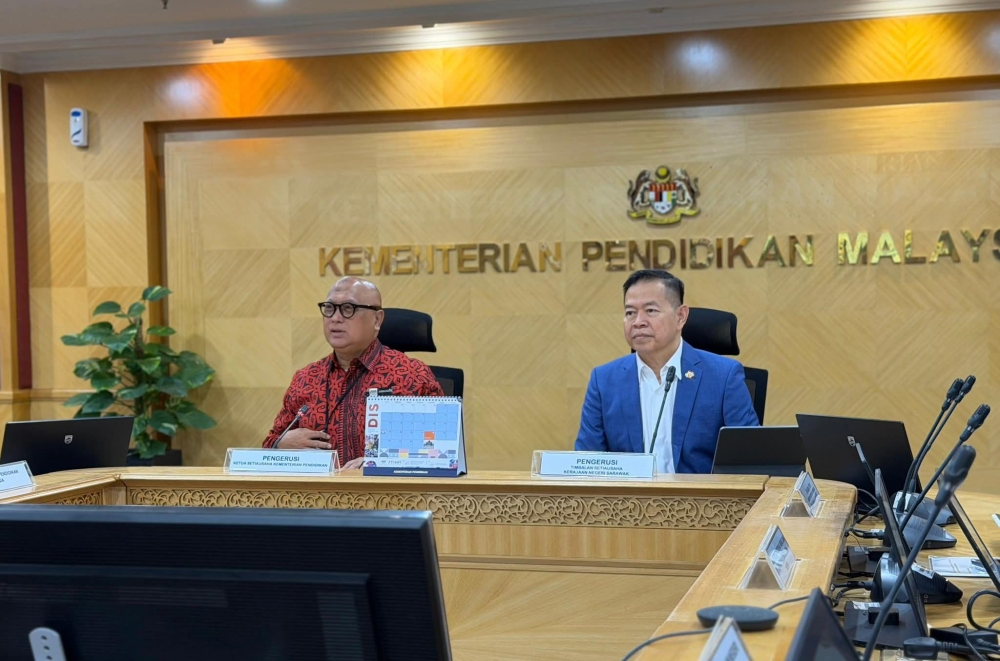NOVEMBER 3 — What goes on in the minds of 21 million voters?
That election question which observers assume invariably answers the other question, who wins?
To mount it, the initial question requires adjustment.
Subtract registered voters down to turnout. If it’s below 70 per cent then it’s a 15 million voters puzzle. In which case, demographics slants to the older segments.
So, what goes on in their minds? On November 19, the country finds out and preferably accepts — if accusations of electoral irregularities do not go nuclear.
But ask us to predict the outcome, then no easy answer emerges. It is about degrees.
There are two polar opposites in an inexact equation which shapes the outcome.
All is at sea, grab a float
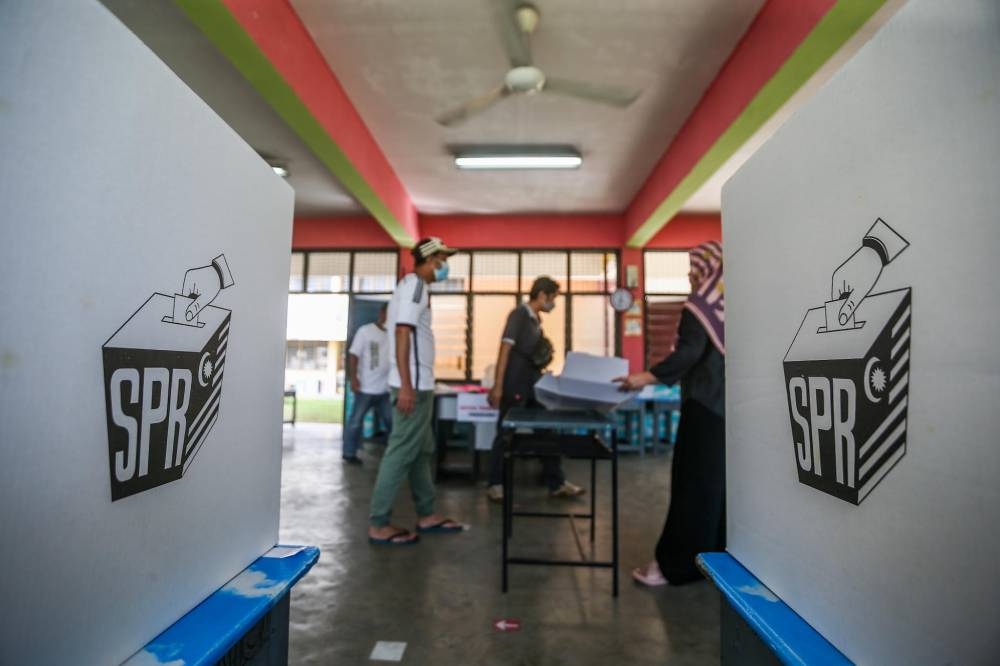
The first one would dampen democratic spirits. Hold on to a firm object for balance.
The abject realisation the country is exactly the one we had a while back. Filled with many people who care less or even not at all and look at promises in absolutes and receive incentives without question. “He has, he gives. Take. People who give are better than those who don’t.”
To the masses, the body politic is too complex for them even if its members in power are complicit in producing their discomforts — low wages, large families in limited housing, poor nutrition and inadequate educational pathways.
They settle.
“It’s hard, really hard. At least this election season, there’s stuff given. Take and be grateful.”
This coincides with demographics. More are inclined to this fashion in Rajang, Mersing or Baling. Fewer need it in Alor Setar, Tebrau or Miri. The electoral map designs itself along those lines, where needs on average outstrip supplies.
Those in power are cognisant the currency for success is resources.
They pull out all the stops as they steamroll to the finishing line.
It is synonymous with developing democracies. As much as liberals point to nations with modest governments, gentlemanly conducts of polls and Cabinet members commuting to their ministries, those nations were not glowing examples not too long ago. They crossed a threshold. From work in progress to self-sustained polities.
We are Spartacus
Barisan Nasional has one basis for its confidence which forced this untypical late year election. It’s on a winning streak.
Since 2019, it has won almost every by-election and state election. But more pertinently, Pakatan with the exception of DAP has been punched blue and black, never managing a counter-punch. In social media, the attacks on its ineptitude as a federal government during its 22-month federal rule are relentless.
Does a prolonged siege reveal an inevitable capitulation?
There is an example to refer to in this regard.
It seems a lifetime ago, but throughout 2008 to 2013, Selangor was under attack. Nothing it did was ever good enough as it was the other guys in charge and for the first time.
Pakatan won the richest state in the country in March, 2008. From the get-go they were accused of being insipid and disorganised.
Selangor was Chinese-run, Selangor was anti-Malay, Selangor was going nowhere!
However, another development occurred. As a function of time.
People got used to the idea someone else can do the job and despite the noise against it, Pakatan’s seat count went up from 36 to 44 of the 56 seats in the state assembly at the 2013 polls — it went even higher in 2018. Shock and awe!
The argument was despite mainstream news asphyxiating Pakatan, the people can see for themselves and decide. One path was stuck in the past and its baggage, the other filled with holes but held up by aspirations closer to the 21st century.
Which brings us to this election cycle.
BN chairman Zahid Hamidi appears to construct his game plan on the successes of the recent past as a basis for the upcoming election result.
Assumes post hoc ergo propter hoc (after this, therefore because of this).
“They voted us because they like us, and they will continue to vote for us because of that.”
Except, it is not exactly true. The BN's previous wins transpired out of a trio of voters returning to BN, the usual Pakatan voters not turning out, or turning out to vote the opposite to send a message to the coalition.
Zahid and gang are of the opinion voters oppose Pakatan’s multiculturalism — as flawed as it is — and root for Umno’s visceral race-think while absolving it of previous misdeeds.
It does not necessarily follow.
Where are the ups and downs?
Both camps exist. Of pliant Malaysians enslaved by incentives and secondly, reticent voters on the verge to show up or change their minds on the basis of progressive politics, since they too have become progressive.
This is when degrees are factored, and the consternations of first-past-the-post counts.
Larger number of voters in rural Gerik are likely to be drawn to incentives rather than the march of time. But the percentage of those inclined in the border constituency shrinks by every election. Probably not enough to negate the incentives pool this time. Though electoral splits forced by like for like options can benefit the progressives.
And does it cement the fate of Johor’s Segamat — urban enough, or is it? — which transferred to Pakatan in 2018, to stay as a Pakatan seat based on the demographical chart which emboldened a change then?
When the seats are separated and analysed individually, all the marginal seats become far less predictable.
Thus, the argument for widespread vote buying starts to diminish in a rapidly developing democracy and gives way to principles. Election night will express how much further down the democratic growth path Malaysia has taken.
The results may disappoint in this election — or maybe not — but our moral universe arc certainly begins to bend to justice.
* This is the personal opinion of the columnist.




